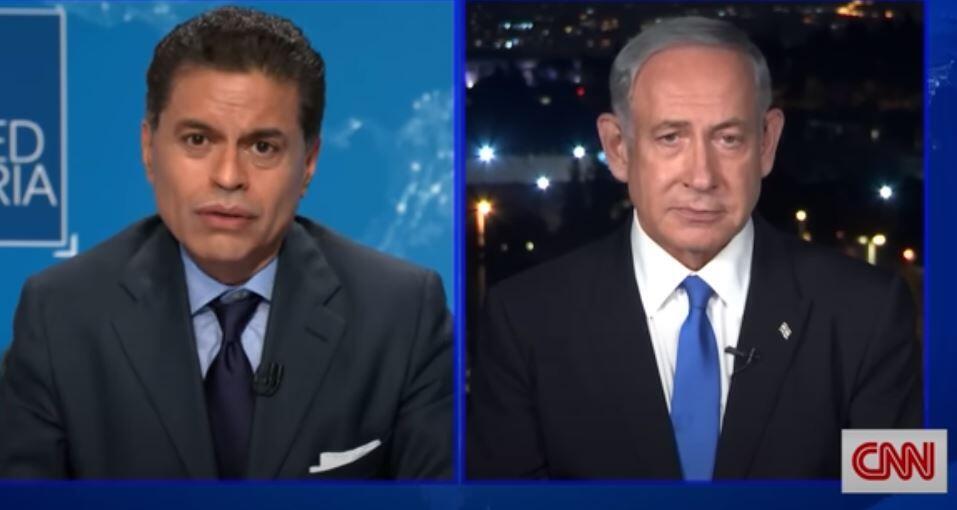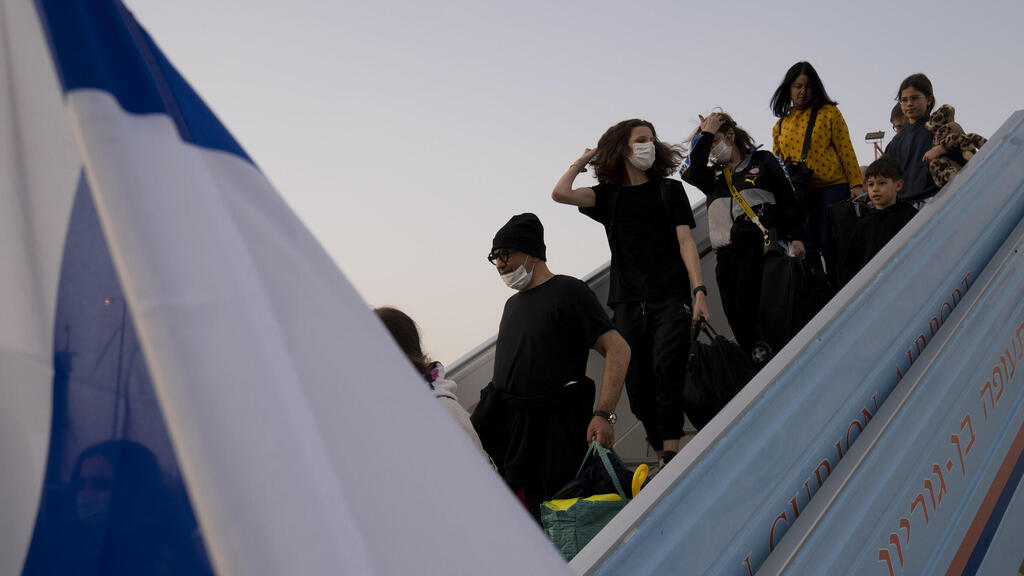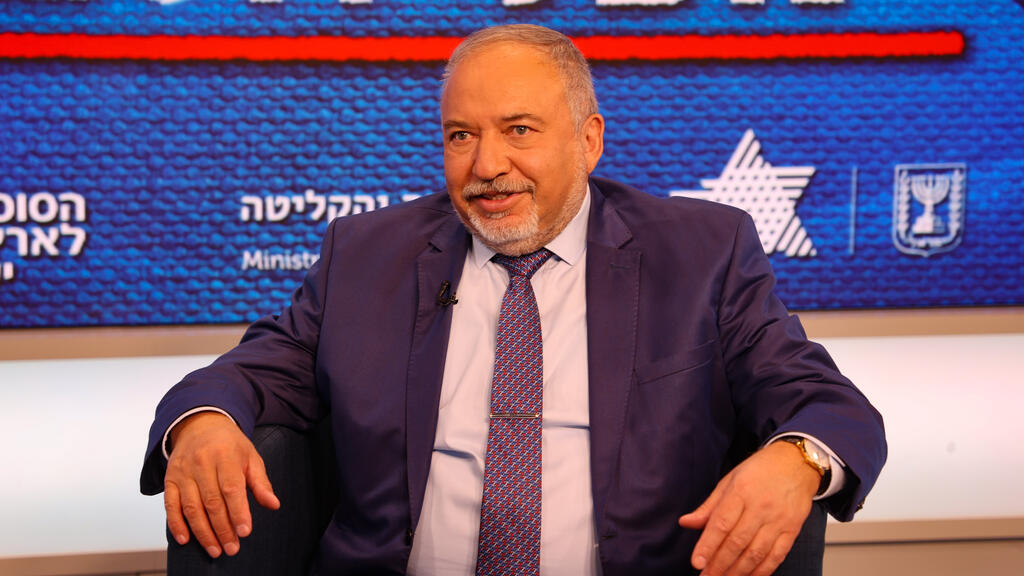More and more Israeli politicians have been making calls to start arming Kyiv in an effort to court voters from communities of new immigrants from Russia and Ukraine, as well as the larger Russian speaking sector in Israel.
On Sunday, Likud leader Benjamin Netanyahu told CNN he disagreed with the government's decision to refuse the sale of arms to Kyiv despite Ukraine's pleas. "That was the current government's decision," he said. "I will look at the request and reevaluate," he said.
Prime Minister Yair Lapid also suggested his policies would change should he form the next government after November 1 elections.
Israel had avoided causing a rift with Moscow by providing Ukraine with the Iron Dome missile defense system or other air defenses, so as not to endanger the free hand it has been given by the Russians to attack Iranian targets in Syria.
Among the nearly 6.8 Israelis eligible to vote in the elections, there are an estimated 30,000 new immigrants who had either fled the fighting in Ukraine or opted to leave Putin's Russia for either ideological reasons or to avoid the military draft.
Those votes in total could amount to a Knesset seat, which could potentially change the outcome of the elections.
Avigdor Liberman's Yisrael Beytenu Party, the most popular with the Russian speaking voters, posted a guide to new arrivals on how to successfully vote and has been campaigning in their communities.
As finance minister, Liberman recently approved a NIS 90-million package to assist immigrants claiming they were a "strategic asset," to Israel and the most effective economic engine since the establishment of the state.
Likud and Lapid's Yesh Atid have also launched Russian speaking websites to offer immigrants guidance ahead of the elections.
But immigration activist Yair Smolianov from the 1 Million Lobby – assisting Russian speaking immigrants - said not enough is being done.
"There are potential voters that Israel is not encouraging to exercise their democratic rights. There are not enough language schools to teach them Hebrew and not enough information available to them in Russian," he said.
"These immigrants are less preoccupied with which side of the extremes will participate in the government, be it far-right Itamar Ben-Gvir or the Arab legislators. They are concerned with who will ensure their financial stability and recognize their academic degrees," he said.
"Unfortunately the interest in them is lacking," Smolianov said.




